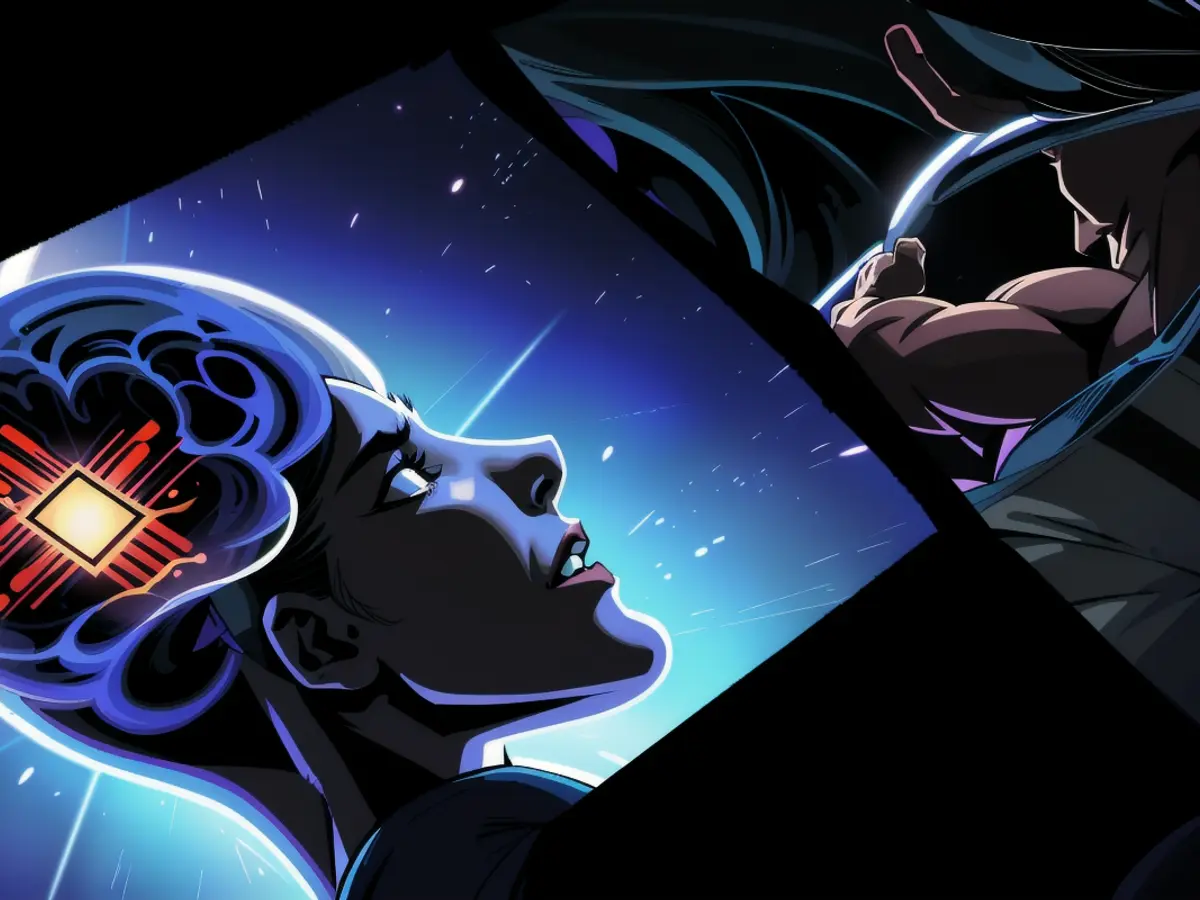Elon Musk's Neuralink concedes problems with brain implants.
Elon Musk's brain implant company, Neuralink, experienced an issue with their first patient's implant not functioning smoothly like initially reported. In a blog post, they confessed to this - seemingly not entirely voluntarily - after The Wall Street Journal inquired about the matter.
Following the implantation in January, some of the electrodes in the man's brain became detached. Neuralink rectified this issue by tweaking the software, ensuring the sufferer could continue using his brain implant. Initially designed for thought-controlled smartphones and other technology, the device received approval in May 2023 for use in a human clinical trial. Prior to this, it had only been tested on monkeys. Neuralink targeted patients with tetraplegia, a type of paralysis affecting both the legs and arms, for this trial.
When people start to move, a specific part of the brain becomes active, which the electrodes in Neuralink's implant detect. By mimicking these signals, it's possible to operate a cursor on a computer with just your thoughts. According to Neuralink, their first tetraplegic recipient is now able to surf the internet, play chess, and enjoy "Mario Kart" among other activities.
Authorities keeps an eye on the study
After the detached electrodes, precision and speed of cursor operation slightly dipped, according to Neuralink. To compensate, they fine-tuned the algorithm for detecting brain activity and enhanced the technology converting it into cursor movements. Currently, accuracy values are higher than before, as stated in their blog post.
Neuralink failed to provide details on the reasons responsible for the electrode replacement. The Wall Street Journal suggests one theory was air possibly remaining in the patient's skull after the operation. The study is monitored by the US Food and Drug Administration (FDA).
Brain-computer interfaces resembling Neuralink's have been researched for an extended period, and various individuals already received such implants. Neuralink is not the only company pursuing using this technology commercially; they also face several competitors in this race.
Read also:
- This will change in December
- Dikes withstand water masses so far - Scholz holds out the prospect of help
- Fireworks and parties ring in 2024 - turn of the year overshadowed by conflicts
- Attacks on ships in the Red Sea: shipping companies avoid important trade route
- Despite the challenges faced by Elon Musk's Neuralink with their brain implant technology, medical studies continue to explore the potential of brain-computer interfaces for improving human functioning.
- In light of Elon Musk's Neuralink's setback with their patient's detached electrodes, various educational institutions are incorporating discussions on medical technology and ethics into their curriculum.
- With Elon Musk's Neuralink overshadowed by technical difficulties, other companies like Kernel and Blackrock Neurotech are also investing heavily in brain research to advance brain-computer interface technology.
Source: www.ntv.de







